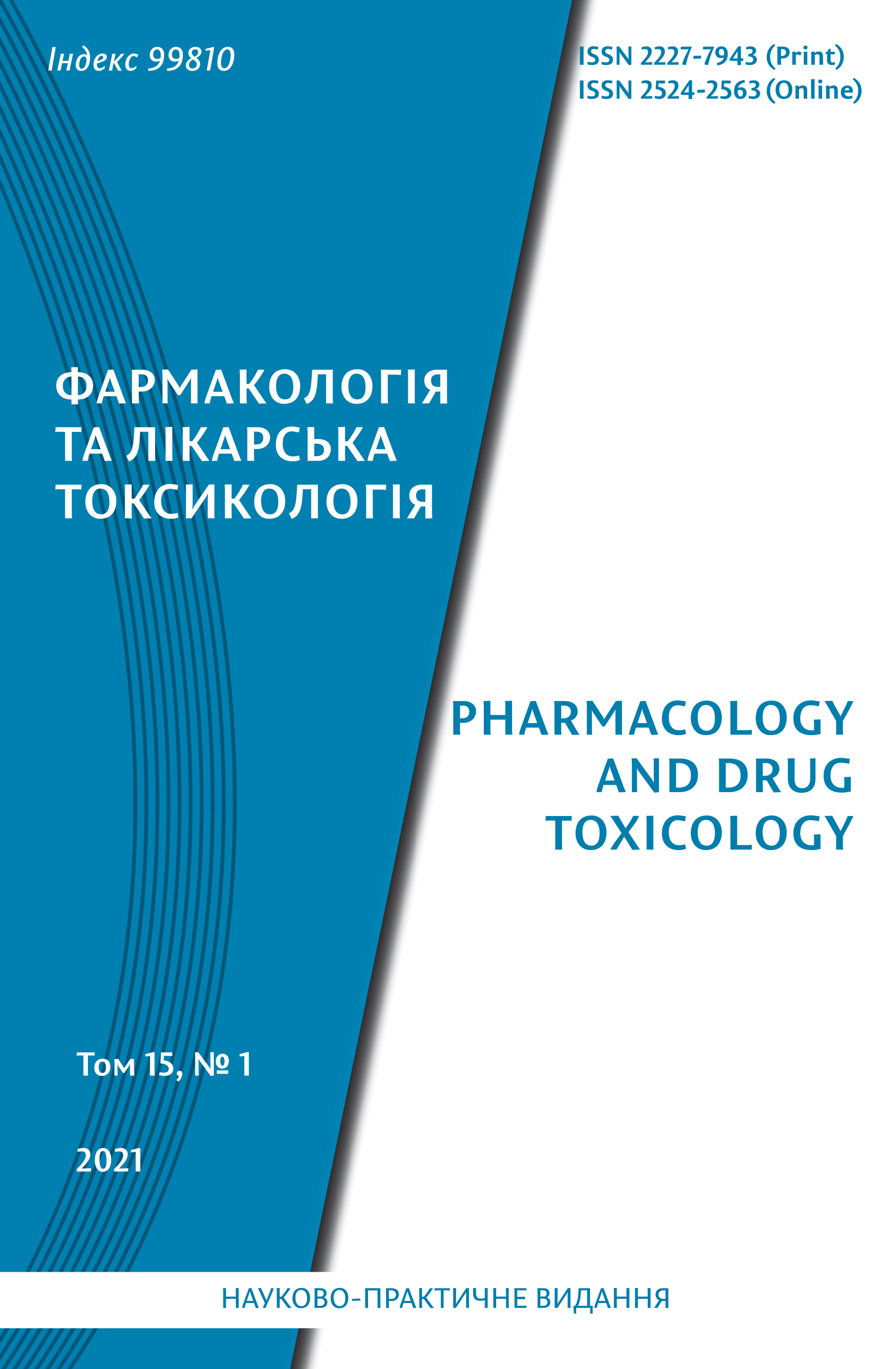Abstract
The aim of the study – to evaluate the effect of polysorbate-80 on the biopharmaceutical and rheological properties of the nasal dosage form with the interleukin-1β antagonist.
The intranasal dosage form with IL-1Ra was used as materials. Biopharmaceutical studies in vitro were performed according to the plan of one-way analysis of variance with repeated observations, variable factor (A) – different concentration of polysorbate-80 in the studied nasal form (A1 – 0 %, A2 – 0,5 %, A3 – 1 %, A4 – 2 %, A5 – 3%). As an optimization parameter was the concentration of the active substance in the dialysate (purified water) after 30 min of equilibrium dialysis through a semipermeable membrane – cellophane film «Kuprofan» in the vertical cells of the Franz diffusion nine-position station (Perme Gear, Inc., USA).
Rheological studies were performed on a modular compact rheometer MCR 302 (Anton Paar GmbH). Coaxial cylinders CC27/T200/SS were used as a measuring device for rotary tests. The instrument was initialized and the test temperature (37,0 ± 0,5 ° C) provided by the built-in thermostat (Peltier temperature control for concentric cylinder systems, C-PTD 200) was indicated. Throughout the study, the software (Rheo Compass) recorded Shear rate •g, (s–1), Shear stress τ, Pa, and viscosity η, Pas (mPas). The results obtained were displayed in tabular data and visualized in flow rheograms.
Studies have shown that polysorbate-80 significantly affects the intensity of IL-1Ra release from the intranasal form. The optimal concentration of polysorbate-80 in the developed nasal form is 2 %. It was found that polysorbate-80 in concentrations from 0 to 3 % does not significantly affect the nature of the structural and mechanical properties of the developed nasal dosage form.
